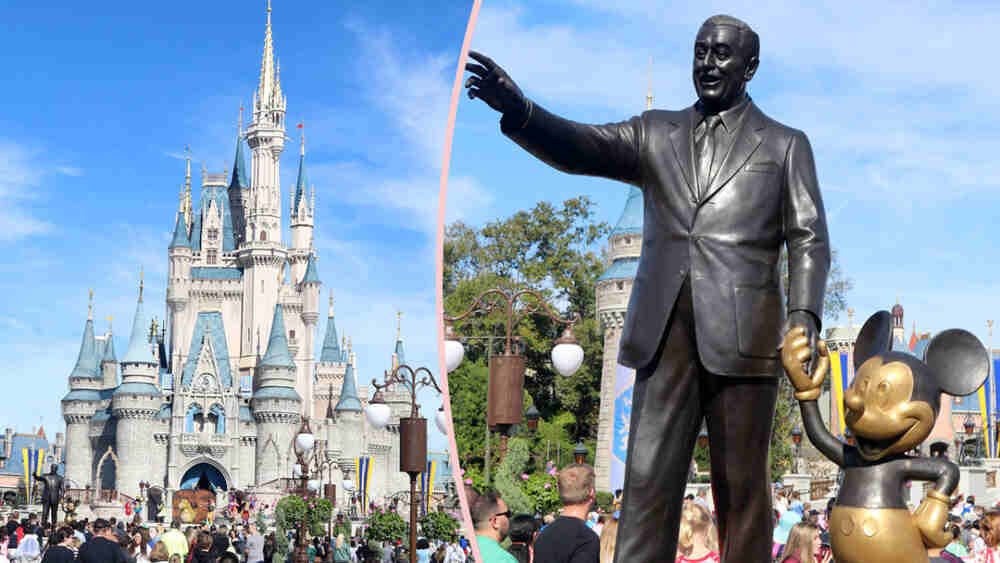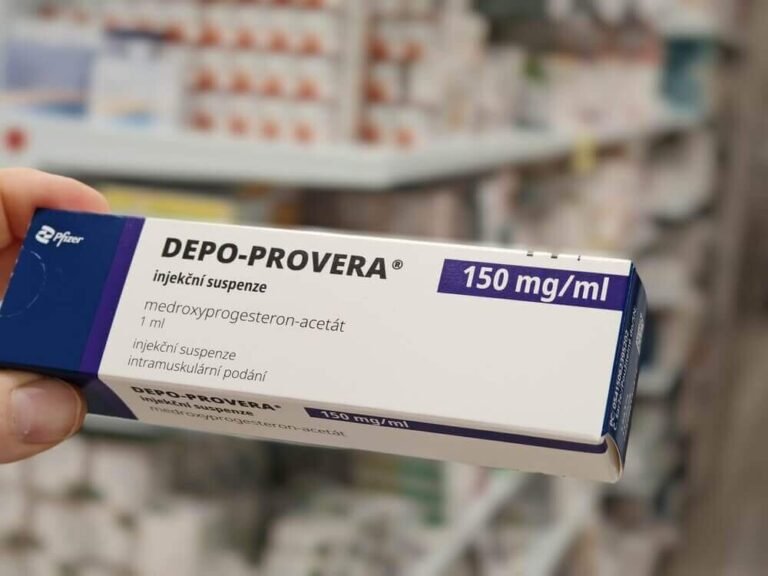Disney World Wrongful Death Lawsuit: What You Need to Know
Introduction to the Disney World Wrongful Death Case
The Disney World wrongful death lawsuit has captured national attention, reigniting critical conversations around corporate responsibility and guest safety at one of the world’s most visited theme parks. At the heart of this case is the tragic death of Dr. Kanokporn Tangsuan, a 42-year-old New York City physician who died after an allergic reaction while dining at a restaurant in Disney Springs, part of the Walt Disney World Resort in Orlando, Florida. Her sudden passing led to a wrongful death lawsuit filed by her surviving partner, triggering a legal and ethical firestorm over Disney’s safety protocols, food handling practices, and customer care procedures.
This lawsuit is significant not only because it involves a globally recognized brand but also because it may set a legal precedent in how allergy-related deaths are handled by corporations, especially those in the food and entertainment industries. As the proceedings unfold, this high-profile case has become a powerful symbol of the balance between corporate protection and consumer safety rights.
Who Was Involved?
Dr. Kanokporn Tangsuan was a practicing physician specializing in internal medicine at Mount Sinai in New York. She visited Disney Springs in October 2023 with her long-time partner, Jeffrey Piccolo. As someone with a known severe allergy to dairy, Dr. Tangsuan took all reasonable precautions, informing the staff at Raglan Road Irish Pub, the restaurant where the couple dined, of her dietary restrictions. Despite assurances, she reportedly consumed food that triggered a fatal allergic reaction.
The wrongful death lawsuit filed in April 2024 lists The Walt Disney Company and Raglan Road as primary defendants. Piccolo’s legal team asserts that negligence on the part of Disney and the restaurant staff directly led to Tangsuan’s untimely death. The case also highlights failures in staff communication, allergen labeling, and emergency response at the restaurant—key components that could play a central role in court.
Timeline of Events
The incident occurred on October 5, 2023. According to the lawsuit, Dr. Tangsuan and her partner informed the restaurant of her dairy allergy and received confirmation that the meal was safe for consumption. Not long after eating, she began exhibiting signs of an allergic reaction. Emergency services were called, and she was transported to a nearby hospital, where she later died.
The cause of death, as confirmed by medical records, was anaphylaxis—a severe, potentially life-threatening allergic reaction. The lawsuit alleges that dairy proteins were either cross-contaminated into her meal or misrepresented as allergen-free. The wrongful death filing came after months of investigation, autopsy confirmation, and initial pushback from Disney regarding legal jurisdiction.
Core Legal Allegations
The disney world wrongful death lawsuit centers around claims of negligence, failure to warn, and breach of duty of care. Piccolo’s attorneys argue that Disney and Raglan Road failed to uphold basic food safety standards expected in allergy-sensitive food service environments. They allege the restaurant either cross-contaminated Tangsuan’s meal or failed to adequately communicate the ingredients used.
The lawsuit accuses Disney and its partners of violating Florida’s food safety regulations, citing training gaps, miscommunication among staff, and a systemic lack of allergen control. Additionally, the complaint points to a lack of proper response once Tangsuan began experiencing symptoms, which may have further compromised her survival chances.
Disney’s Initial Legal Defense Strategy
Initially, Disney attempted to deflect the case from open court to private arbitration. In a controversial move, the company cited the terms of service for Disney+, arguing that the arbitration clause within the streaming platform’s user agreement applied to this case because the deceased had a Disney+ account. The maneuver drew widespread criticism from both legal experts and the public.
Legal scholars quickly noted the absurdity of using a streaming service agreement to force arbitration in a wrongful death case that occurred in a physical venue, completely unrelated to Disney+. Under mounting public pressure and facing a likely legal defeat, Disney withdrew its arbitration motion and agreed to proceed in court. The retreat was viewed as a significant victory for the plaintiff and a cautionary tale for companies using overreaching arbitration clauses to shield themselves from litigation.
Public Reaction and Media Coverage
The public reaction to the lawsuit has been swift and intense. National news outlets, allergy advocacy groups, and legal analysts have closely followed the case, turning it into a media sensation. Critics lambasted Disney’s initial legal tactics, calling them “tone-deaf” and “corporately manipulative.” Social media erupted with hashtags such as #JusticeForKanokporn and #DisneyLawsuit, amplifying scrutiny on Disney’s broader safety protocols.
Advocacy organizations like FARE (Food Allergy Research & Education) have used the case to highlight the importance of allergen training and restaurant accountability. Many are now calling for sweeping reforms in how allergens are handled in all food-service environments, especially those operated by multinational corporations.
Evidence in Question
As discovery continues, key evidence is being gathered from both sides. The plaintiff has requested detailed food preparation logs, staff training documents, and any internal communication concerning allergen protocols at Raglan Road. One particularly important piece of evidence includes leftover food from Tangsuan’s meal, which has been preserved for lab testing.
Disney has responded with its own demands, seeking the deceased’s complete medical history, dietary habits, and records of other meals consumed that day. Legal experts suggest the outcome of the case may hinge on whether cross-contamination can be proven and whether Disney had systems in place to prevent it.
Legal Experts Weigh In
Top tort attorneys and consumer protection lawyers have commented that this case could significantly impact the enforceability of service-based arbitration clauses and corporate liability in consumer safety. Many see it as a wake-up call for other companies relying on boilerplate arbitration clauses to avoid accountability.
Additionally, experts warn that if Disney is found negligent, it may open the floodgates for similar lawsuits involving allergens, food safety, and even other incidents of guest injury or illness across the entertainment and hospitality industry. A decision in favor of the plaintiff could also push new legislation around food allergy disclosures and training in restaurants nationwide.
Potential Outcomes and Industry Impact
As the Disney World wrongful death lawsuit moves forward, several outcomes are possible. Disney could settle the case privately, possibly to avoid further negative publicity. However, given the intense public interest and legal complexity, a full trial may be unavoidable. If found liable, Disney could face significant damages, both financial and reputational.
The ripple effect could transform how theme parks, resorts, and restaurants handle food allergies. We may see tighter allergen controls, standardized food safety protocols, and mandated employee training. For consumers, the case may strengthen protections around accurate food labeling and restaurant disclosures.
Conclusion and Next Steps
Currently, the lawsuit is in its discovery phase, with both parties exchanging documentation and preparing for potential depositions. Court dates are expected to be announced in the coming months, and the legal community is watching closely. For the family of Dr. Tangsuan, the case is not just about accountability—it’s about justice and systemic change.
The Disney World wrongful death lawsuit has become more than a legal battle; it is now a cultural moment in the broader discussion around safety, responsibility, and the obligations of powerful corporations to protect their guests. As new developments unfold, this lawsuit may continue to influence public policy, consumer rights, and corporate ethics far beyond Disney’s gates.
Do Read: Depo Shot Lawsuit: 2025 Legal Updates, Risks & Payouts




